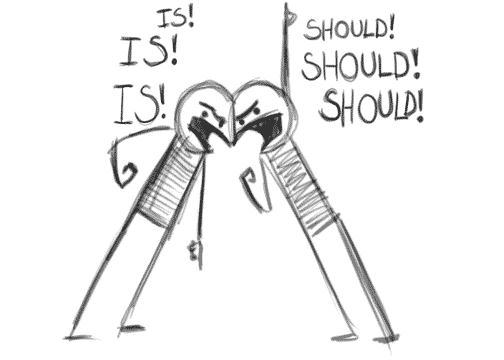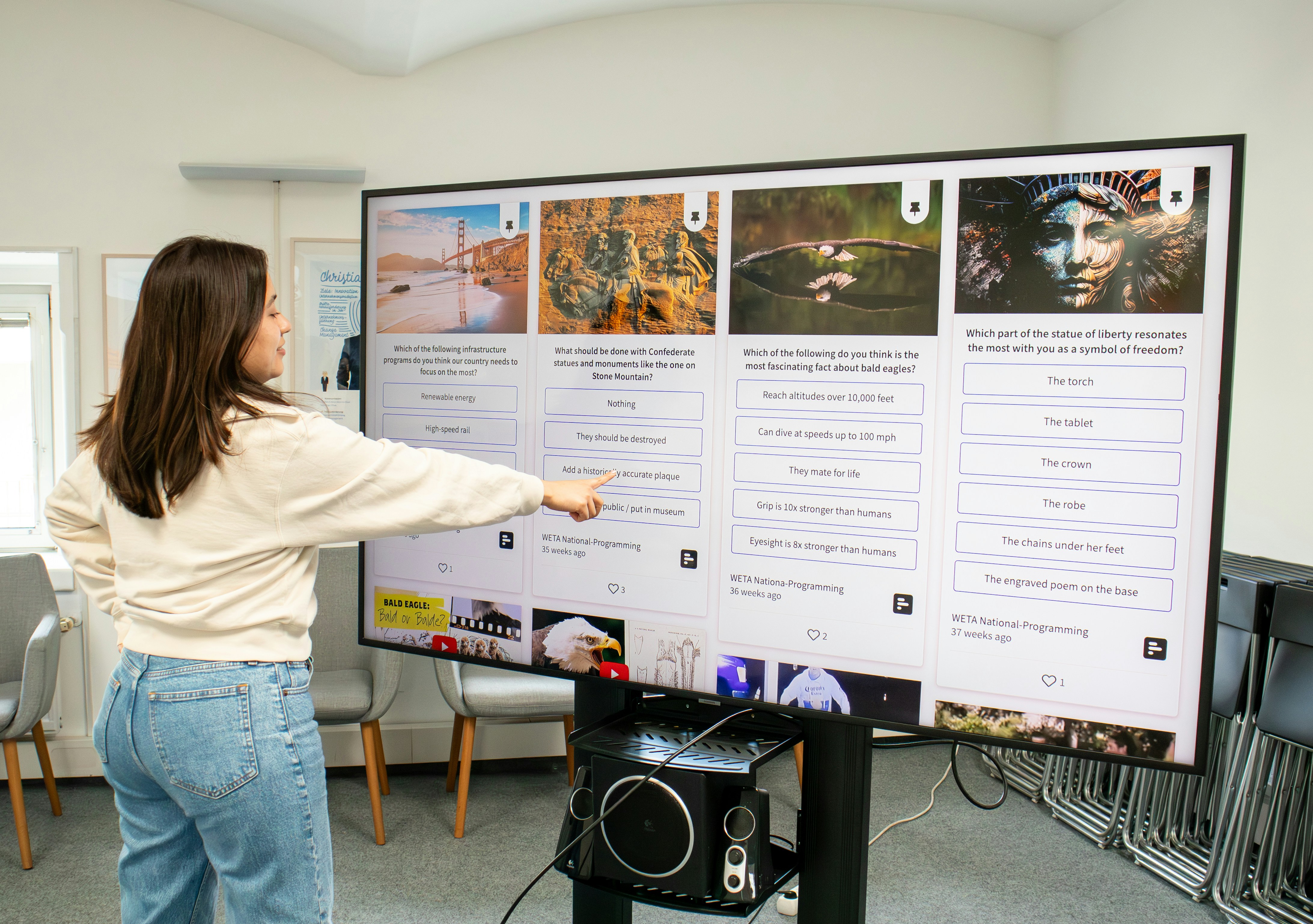It is extremely hard not to write one stereotype after another when talking about French people. I think we all had experience with French and we love them one minute and hate them another minute. Our feelings are never neutral, because they have such a fascinating culture.
To know the history of this country is just as important as in the case of Hungary, but in case of France you already probably know all what is there to remember. Think of the English-French or French-German relations. I had a project with two French (P1, P2) and one UK partner (P3). P1 and P3 hated each other from the beginning, there was no understanding, working towards a common goal. P2 and P3 on the other hand worked very well together, even confronting together P1. By the end of the project the situation changed and P1 and P3 found the compromise and stood by each other, while P2 and P3 had an argument and they are not talking to each other ever since. I am sure that all three partners would explain the story in three versions. Not to mention that P1 was based in Paris and P2 in the countryside.
Such a relation has a historical route we are not really able to understand, just accept it.
French are highly intellectual and they have very good argumentative skills. But sometimes, what they arguing about, is not logical at all, or rather, not realistic.
 Do you know cognitive dissonance? It is the feeling of uncomfortable tension, which comes from holding two conflicting thoughts in the mind at the same time. You have to find a logical link between these two and eliminate the conflict. It is part of the human nature, but some of us are more serious about it. Assessing things and self-assessments are important for French people, and they will come up with an explanation. Maybe in reality it will not work, it will be enough that the theory is well justified. Thinking and talking in circles thus is very normal. One reason for doing that is: not to be forced to make a decision quickly, to show the real emotions and take unnecessary risks. You should respect that.
Do you know cognitive dissonance? It is the feeling of uncomfortable tension, which comes from holding two conflicting thoughts in the mind at the same time. You have to find a logical link between these two and eliminate the conflict. It is part of the human nature, but some of us are more serious about it. Assessing things and self-assessments are important for French people, and they will come up with an explanation. Maybe in reality it will not work, it will be enough that the theory is well justified. Thinking and talking in circles thus is very normal. One reason for doing that is: not to be forced to make a decision quickly, to show the real emotions and take unnecessary risks. You should respect that.
They like arguing, normally in a very positive and entertaining way. Their contribution in a discussion can create the needed friendly atmosphere in the meeting.
French like to show their skills. They like to be unique and cleverer than others and they are convinced that they are both. Therefore it is hard for them to accept that they were wrong.
This is when a moderator receives an important role. You have to find the balance and catch the point where the entertaining argument will turn into arrogance and generate serious conflict. Who is right, has to win the argument, but if the French person was wrong, help him/her to exit the situation with pride: tell how extremely useful his/her contribution was to find the solution.
French are not lazy and are not light-minded. Especially in an official surrounding they will not smile all the time and they will take the meeting seriously.
They want to be recognized, not liked by others. But they are also quite emotional people and their instant change in the mood might be very shocking for others. The need for recognition mixed with the tendency to be arrogant and/or cynical can be a dangerous combination in an EU project. But they like new, clever ideas, they are curious, open, flexible, so when a dangerous situation is approaching, you should come up with a new, interesting topic, maybe tell a joke and count on their sense of humour.
French may not build the things from scratch, using the basic elements, but try to implement the “grand vision” right away. This may be annoying for nations like Germany, the Czech Republic etc.
You have to raise their attention to go step by step, starting with the first, instead of the last step.
Their individualism is also something you need to consider. When having two-three representatives in the project from the same organisation, you have to know the hierarchy between them.
Do not expect that they will share all information with each other; certain information will not be forwarded, it will be a matter of status in the organisation.
So, do not choose one contact person on the mailing list, copy all of them into an e-mail. The symbiosis of the private and governmental sector is highly interesting in France and I am sure there are a lot of papers examining the structure and the connections. What we might need to consider is that the governmental support (not necessarily financial) is an important factor for any research, technological organisation to succeed.
Other Europeans find French annoying and seductive in the same time, that will not change in an EU project.
(Source: Richard Hill, We Europeans,1997)




